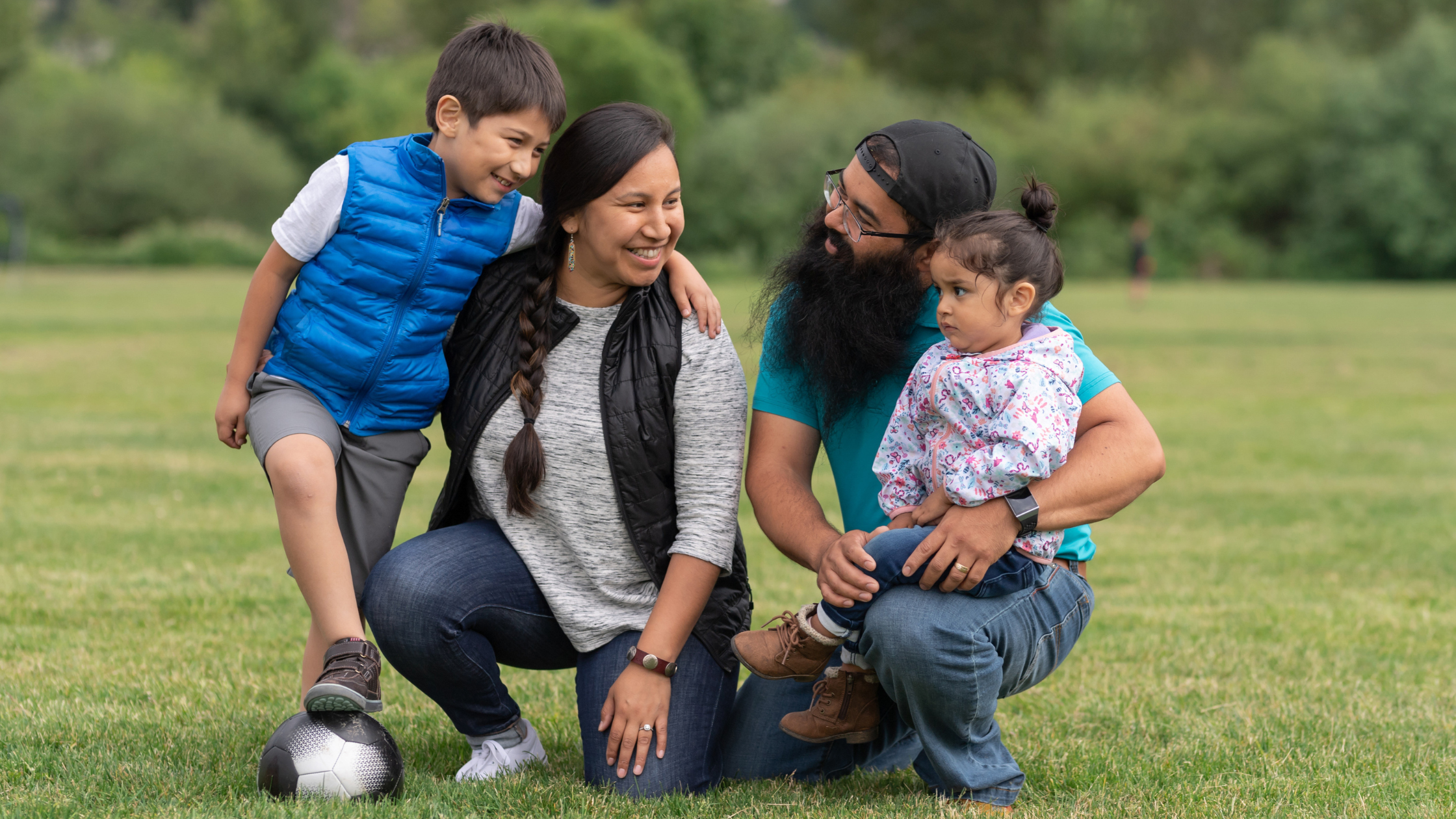
Millions of women in the United States live with chronic health conditions like endometriosis, fibroids, and interstitial cystitis. Chronic conditions were among the top five leading causes of death in women in 2021.
A mix of biological factors (like the timing of menstruation) and systemic issues (such as medical bias and limited access to care) can shape how women are diagnosed, treated, and supported throughout their lives.
Research Historically Focused on Men Leads to Gaps for Women’s Health
These illnesses can cause daily pain, discomfort, and disruptions to work and personal life. But a report from the National Academies of Sciences, Engineering, and Medicine (NASEM) highlights a serious issue: there is a major lack of research focused on these conditions.
In the news release announcing the report, Eve Higginbotham, Chair of the Committee on a Framework for the Consideration of Chronic Debilitating Conditions in Women and Professor and Former Vice Dean for Inclusion, Diversity, and Equity of Penn Medicine, explained, “Advances in our understanding of conditions like Alzheimer’s, heart disease, and even chronic pain have largely been shaped by research focused on men. At best, this means we don’t fully understand how these conditions affect women — but at worst, it can mean a misdiagnosis, medical error, or inappropriate treatment.”
She furthered, “This is not the first report from the National Academies to assert that women’s health is understudied. It is long overdue for federal agencies to intentionally commit to a new research agenda that will finally improve our understanding of chronic conditions in women.”
Without enough scientific studies, it’s harder for doctors to diagnose these illnesses early, find effective treatments, or even understand why they happen in the first place. This gap in research is causing many women to suffer for years without answers.
Delayed Diagnosis Results in Health Consequences
The July 2024 NASEM report “Advancing Research on Chronic Conditions in Women” shows that women’s health issues — especially chronic conditions that don’t lead directly to death — have been overlooked for too long. While major diseases like cancer and heart disease receive a lot of research funding, conditions that mainly affect women and cause long-term suffering often do not.
Because of these gaps in research, women facing chronic illnesses often experience delayed diagnoses, are offered limited treatment options, and sometimes feel like their concerns are not taken seriously. This leads to real health consequences, including worsening symptoms and emotional stress.
Research so far has been scattered. Small studies might look at parts of a condition, but few large, comprehensive studies bring together experts from different fields like pain management, gynecology, and immunology. As a result, progress in understanding women-focused illnesses is slow.
Better research is not just about making life easier for women dealing with these conditions — it’s about improving public health overall. Chronic conditions can cause women to miss work, require expensive treatments, and lower their quality of life. Empowering women to get earlier diagnoses and better care would benefit families, workplaces, and communities.
Additionally, learning more about these illnesses could help scientists understand the differences in women’s immune systems, hormones, and pain, which could lead to better treatments for many other health problems.
Recommendations for Moving Forward
The NASEM report makes several clear suggestions to improve the situation:
- Create a Clear Research Plan: The National Institutes of Health (NIH) should set up a focused research agenda to guide and fund studies on chronic conditions affecting women.
- Support Big, Team-Based Studies: Experts from different medical specialities should work together, sharing knowledge to better understand these complex conditions.
- Include Patient Voices: Researchers should listen closely to the experiences of women living with these illnesses. Studies should be designed to answer the questions and concerns that matter most to patients.
- Train More Researchers in Women’s Health: Encouraging more scientists, especially those from various backgrounds, to specialize in women’s health research will help speed up the progress.
- Focus on Health for All: Chronic conditions don’t affect all women the same way. Women of color and women from lower-income communities often face even bigger barriers to diagnosis and care. Research should address the health needs for all.
Continuing the Fight for Research and Equity
These findings remind us that women’s experiences with chronic illness have been undervalued or misunderstood. By focusing national attention and educational initiatives, we can make a real difference in the lives of millions of women — and move closer to a fairer and effective healthcare system for everyone.
Sources:
- “Advancing Research on Chronic Conditions in Women.” National Academies Press EBooks, 1 Jan. 2024, nationalacademies.org/read/27757/chapter/1.
- “Significant Lack of Data and Research on Chronic Conditions Affecting Women Is Hindering Diagnosis, Treatment, and Prevention; Report Calls for Enhanced NIH Research Effort.” org, 2024, www.nationalacademies.org/news/2024/07/significant-lack-of-data-and-research-on-chronic-conditions-affecting-women-is-hindering-diagnosis-treatment-and-prevention-report-calls-for-enhanced-nih-research-effort.
- Nationalacademies.org, 2025, www.nationalacademies.org/our-work/framework-for-the-consideration-of-chronic-debilitating-conditions-in-women






